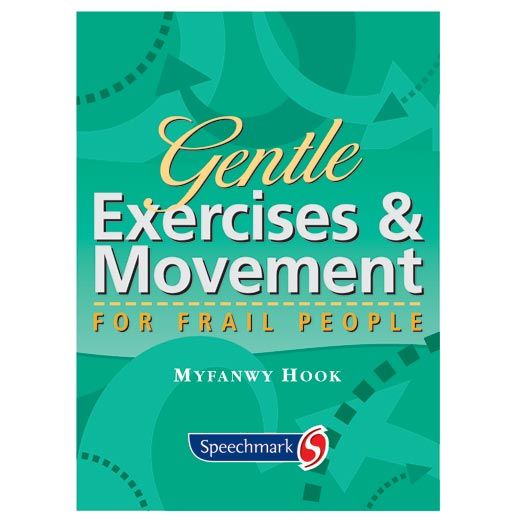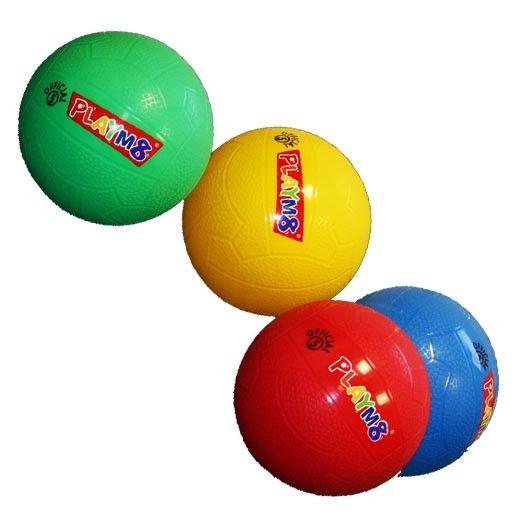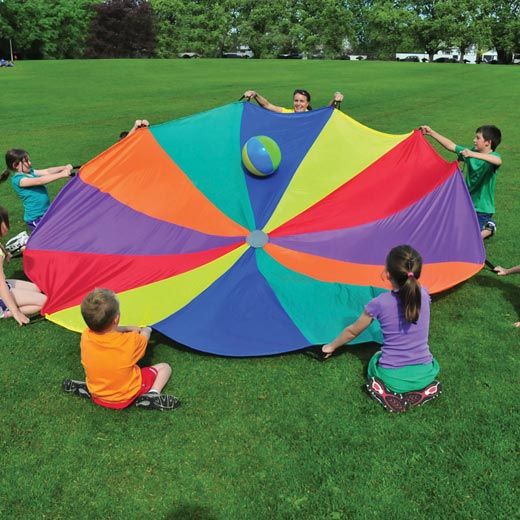Taking care of individuals with Dementia in your care home is more complex than simply ensuring they are provided with the correct diet, medication and sleeping schedule. Carers often search for the best ways they can help service users with Dementia to structure their day by doing different activities. However, it is often only board games and cognitive activities that are put into practice. The importance of ensuring residents with Dementia are active and engaged every day should always be a priority.
In fact, research has been carried out many times in the past to examine the impact that even a small amount of mild exercise can have on the brain. David Lowery, a research psychologist at the Central and North West London NHS Foundation Trust, has spent a large portion of his career assessing the impact of mild exercise on the behavioural and psychological symptoms of Dementia. He claims that stimulation itself could perhaps “prevent the brain from degenerating, which is one of the key symptoms of Dementia.” Lowery asserts that these theories “surround the regulation of the sleep-wake cycle, factors contributing to stress, and perhaps blood flow to the brain”. Plaque builds up in the brain just like it does in other arteries. The brain requires a substantial level of oxygen, nutrients, glucose and water to function. Exercise can rapidly increase blood flow, which effectively carries these things to the brain.
Redholme Care Home in Liverpool raised awareness of the benefits of exercise on people with Dementia in 2011. The Care Home encourages service users to do mild exercise in the gym, rather than simply sit in a stationary position playing board games and card games. The owner of the care home, Anne McCann even confirms that the staff have witnessed “far fewer falls since starting to use the modified gym equipment two years ago”. Peter Black, one of the staff at the residential home states, “It’s not so much to do with being physical and using muscles, it’s all to do with stimulation”. It is no secret that exercise releases chemical endorphins, allowing you to feel more positive and alert. Black states, “at the end of the exercise people do not go away with aching muscles. They go away laughing, joking, looking at each other, and feeling a lot more confident in themselves.” The efficacy of exercise in decreasing symptoms of depression has been well established, and maintaining an active lifestyle is vital in ensuring service users feel stimulated and valued.
Choosing Activities and Exercises for your Clients
The Department of Health recommends 150 minutes of moderately strenuous physical activity per week during senior activities. This equates to 30 minutes of activity per day for at least five days a week. You can break this time into short sessions throughout the day for your service users, with each active senior activity lasting a minimum of 10 minutes. This could equate to a 15-minute walk around the garden or the local shop, and then gentle exercises in the afternoon. Senior activities that people with Dementia are able to take part in do not have to be competitive games or those which require too much mental energy. It is important to remember that individuals with Dementia can often become tired very easily in competing in active games. Therefore, the perfect activities for clients with Dementia should be those which are not of a competitive nature and do not include complicated or complex rules. Try and avoid any excess noise during activities, or crowds or situations which Dementia clients may find overwhelming.
Some gentle activities that are suitable for those with Dementia may include dance, swimming under supervision, gardening and seated exercises. However, if you are interested in providing more adventurous, alternative activities which may encourage passion and motivation, you may want to try some of the following:
Parachute Canopy Games
Why they are useful:
Parachute games help to develop and create trust, whilst practising movement and coordination. Parachutes are flexible and you can use these in a variety of ways, which include the following:
-Waves:
While holding the parachute tightly, participants move their arms up and down to make small and large waves.
-Cathedral or Circus Tent:
With the parachute lowered, players raise their arms (and the chute) as high as possible.
Once the chute is high, on a signal all take 3-4 big steps towards the centre. Still holding the chute tightly, participants sit down at the edge of the chute-under what should appear to be a cathedral.
-Cat and Mouse:
Everyone holds the chute stretched out at about waist height. Someone becomes a mouse and goes underneath. Someone else becomes a cat and goes on top. The rest of the group try to hide the mouse by moving the chute up and down.
Exercise Cards

Exercise cards are laminated cards which illustrate and describe specific exercises for frail elderly people.
– Each card has the exercise instruction on the reverse, some of which require small apparatus such as a ball.
Why they are useful:
Individuals are able to recognise familiarity between images and movements. The cards encourage gentle exercise and movement, encouraging enjoyment without the exercises being too strenuous.
Ball Games

Why they are useful:
Ball packs are generic and can be used for many different kinds of activities in your care home. For example, you can organise a simple game of throw and catch for the individuals, reaction games which encourage fast reaction speeds or games which practice bouncing skills.
Remember, it is important to remember that symptoms of Dementia can often differ for each person, and therefore you should not assume that every patient will be able to enjoy and understand the game. Try to understand the person with Dementia as well as you can. For example, try and find out about their former lifestyle, work history, recreational and social interests, past travel experience and significant life events. If you are unsure about the suitable amount of exercise for an individual with Dementia, a physiotherapist can design an exercise program that takes the person’s current health and abilities into account. Some people with Dementia will have participated in regular exercise over the years and the idea will not be new to them, while others might have exercised very little. You can simplify each activity depending on the individual or group of clients you are taking care of.
If you work in a nursing home and take care of people with Dementia, it may be easy to forget about the importance of exercise when taking care of peoples’ health. However, to allow individuals in care to exist in a haze of dehydration with lack of blood flow to the brain is nonsensical when exercise is such a simple solution.
Countrywide Healthcare do stock a large range of exercise and movement activities for people with Dementia. You can shop through our exercise products here.
